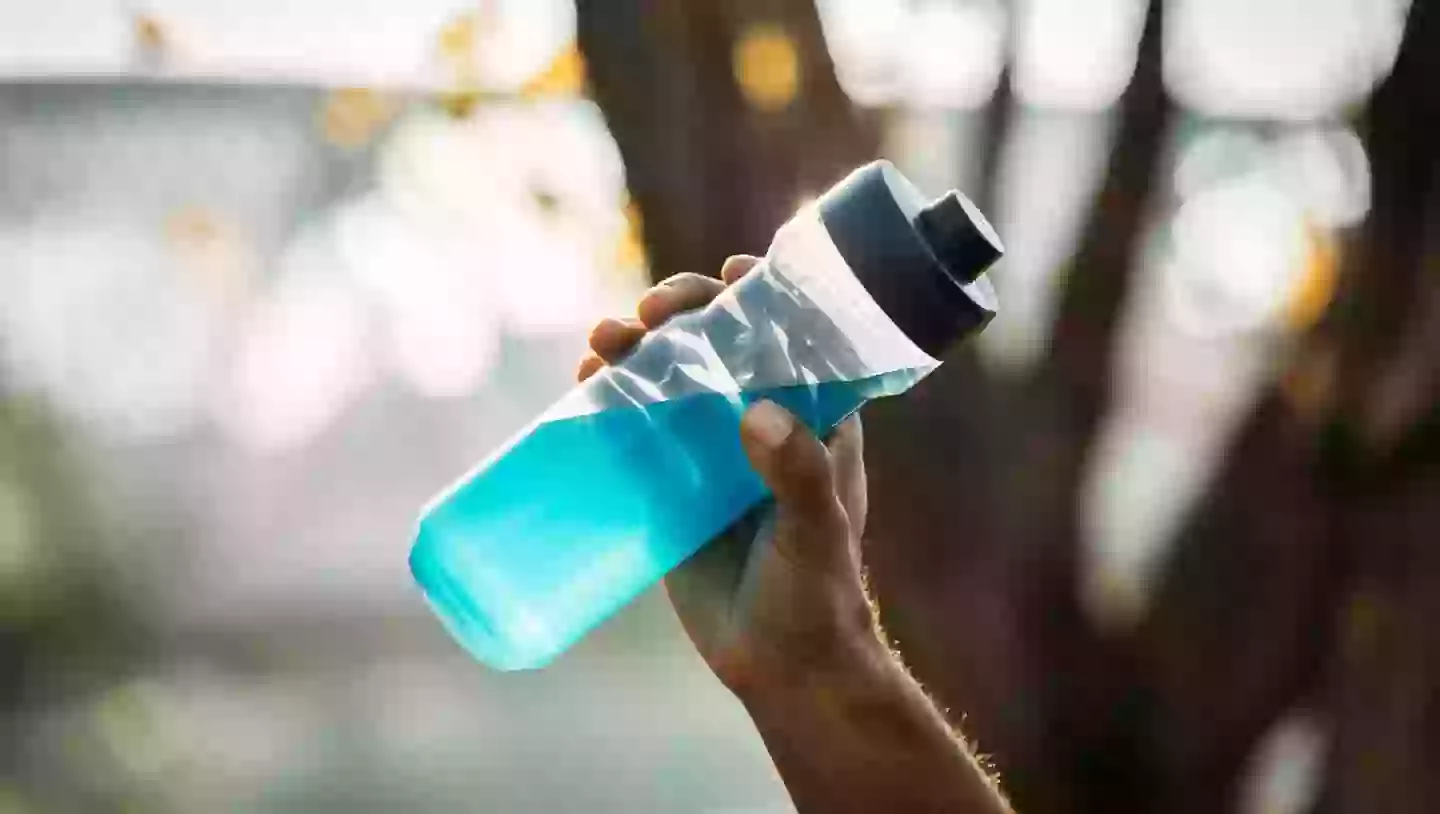An expert in the medical field has provided insights on the effects of consuming an energy drink within a 24-hour period, following the World Health Organization’s warning about these drinks posing a ‘danger to public health’.
While there are no nationwide age restrictions for purchasing energy drinks in the United States, certain states, such as Suffolk County, New York, have enacted their own rules, prohibiting sales to individuals under 18.
The American Academy of Pediatrics (AAP) advises that children under 12 should completely avoid caffeine, and those aged 12 to 18 should limit their caffeine intake to no more than 100 mg daily.
With some energy drinks containing as much as 500 mg of caffeine—the same as five cups of coffee according to the Substance Abuse and Mental Health Services Administration (SAMHSA)—it is recommended that teenagers avoid them entirely.
But what about adults over 18? Are these beverages safe for them, or should they be avoided completely?
To answer this, it’s helpful to understand the effects of energy drinks on the body over a 24-hour span.
The National Institutes of Health (NIH) reports that 99 percent of caffeine is absorbed within 45 minutes and can remain in the bloodstream for up to ten hours.
However, the stimulant effects can begin as quickly as five minutes after consumption.
“Caffeine is a crafty drug that temporarily blocks adenosine [a chemical involved in how tired we feel] pathways, giving you a boost while allowing ‘feel good’ molecules in the brain – such as dopamine – to be released more readily,” Dr. Stuart Farrimond, science communicator and food researcher, explained to The Daily Mail.
Within 30 to 50 minutes, Cincinnati Children’s Hospital Medical Center notes that your heart rate and blood pressure may increase.
“You’ll feel more alert as the stimulant starts to affect you, improving not only concentration but how alert you are,” the institution states.

An infographic from Personalise.co.uk indicates that during this period, your liver will absorb more sugar into the bloodstream.
After an hour post-consumption, while you may feel energized and productive, your body is likely heading towards a sugar crash as the caffeine effects begin to diminish, according to the infographic.
Experts at WikiHow suggest strategies to avoid this crash, such as not consuming the entire drink at once, maintaining regular meal patterns, and choosing drinks with electrolytes and glycogen.
Approximately five hours after drinking an energy drink, the caffeine’s half-life is reached, according to the American Academy of Sleep Medicine.
For women on birth control pills, this process could take twice as long, making it essential to consider this factor.
Between 12 and 24 hours after consumption, you might encounter caffeine withdrawal, which Science Direct describes as a ‘phenomenon occurring after prolonged daily use of caffeine’.

Withdrawal symptoms can include headaches, low energy, irritability, and anxiety, as noted by Healthline.
Some individuals might struggle with concentration, while others could experience depression or hand tremors.
Dr. Farrimond points out that withdrawal symptoms can last up to 9 days, with severity linked to the amount of caffeine consumed, according to MedicalNewsToday.
If you’re seeking an energy boost without caffeine-laden drinks, the American Heart Association suggests increasing protein and carbohydrate intake.
These nutrients not only support workouts but also provide sustained energy compared to a sugary soda.
Healthline also advises considering natural vitamins like magnesium to aid in energy production.
“A vitamin or mineral deficiency may cause fatigue,” the specialists wrote.
“If you feel like you always need an energy boost, talk to your doctor about having a nutritional assessment or adding a vitamin supplement to your diet.”

